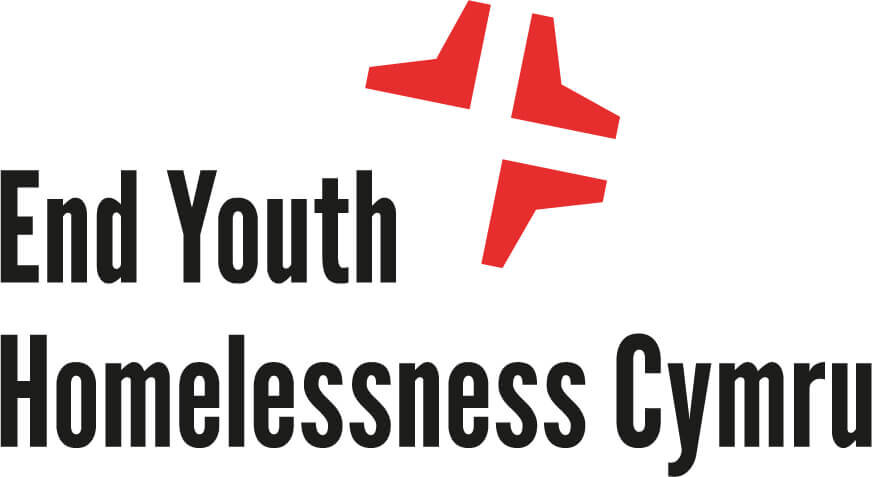
Youth Homelessness
Why Treat Youth Homelessness Differently?
Research shows that in a sample of homeless people in Wales, 48% first became homeless before the age of 21.
Further, 73% had been homeless more than once, showing that once you become homeless once, it is likely to recur. This shows that to end adult homelessness, it is necessary to intervene early and prevent young people from becoming homeless.
The causes and impact on young people of homelessness differ from the experiences of adults in some key areas. Young people experiencing homelessness are at a key developmental period, socially, psychologically, and physiologically. Additionally, at the point of crisis, young people are without experience of independent living and the resilience of adulthood.
Young people are also treated differently under a number of areas of law. For example, at present, young people under the age of 35 are restricted in the amount of housing benefit they can access to secure accommodation.
According to government figures, relationship breakdown is the single greatest direct cause of homelessness. Family breakdowns are a crisis at any age but they are likely to be more immediately threatening to a young person who is dependent on family members for a home. Often an individual won’t know where to turn for advice and support, leaving them in unsafe and potentially abusive situations.
For all of these reasons, youth homelessness requires a distinct approach from that which we take to adult homelessness. This means services provided by experts in working with young people, designed with young people in mind (and wherever possible co-designed with young people), which seek to prevent homelessness, principally, but where this is not possible, to make homelessness brief and non-recurrent.

